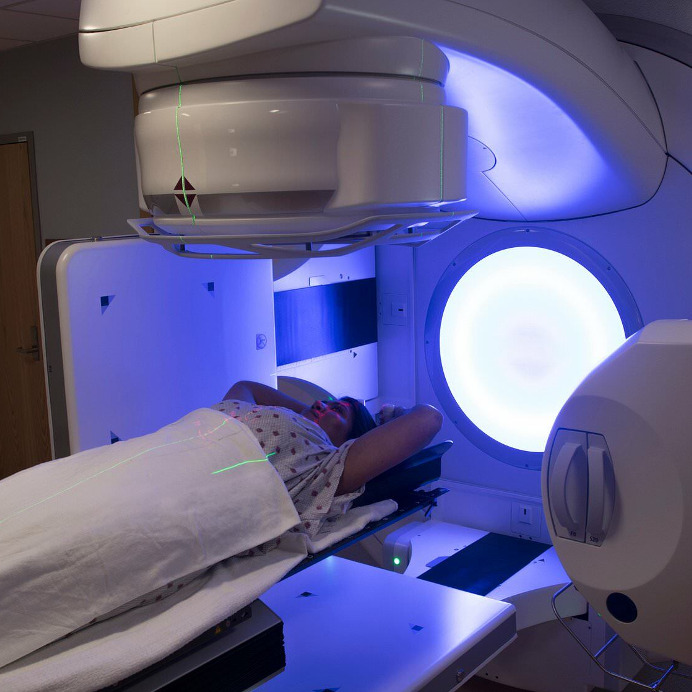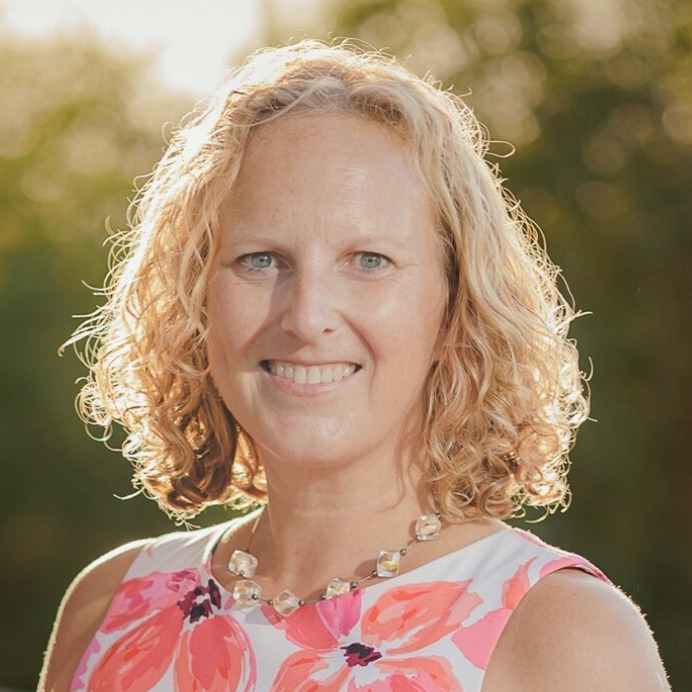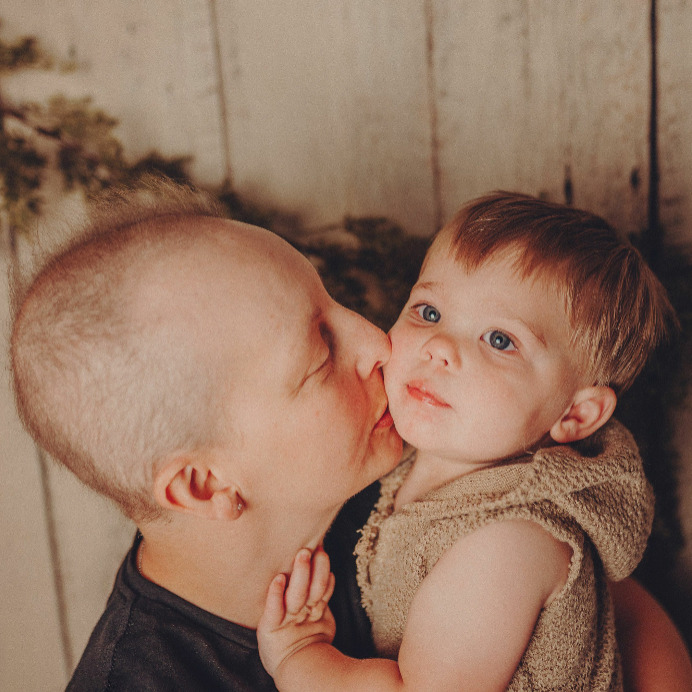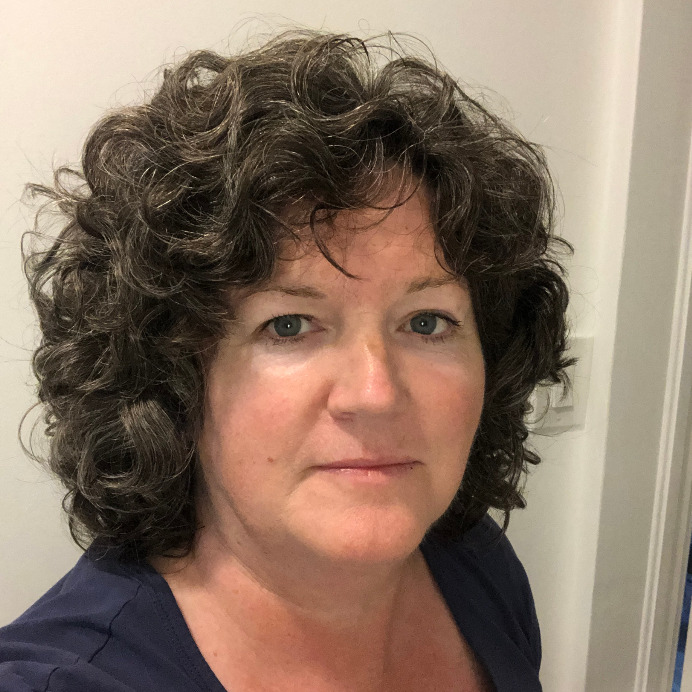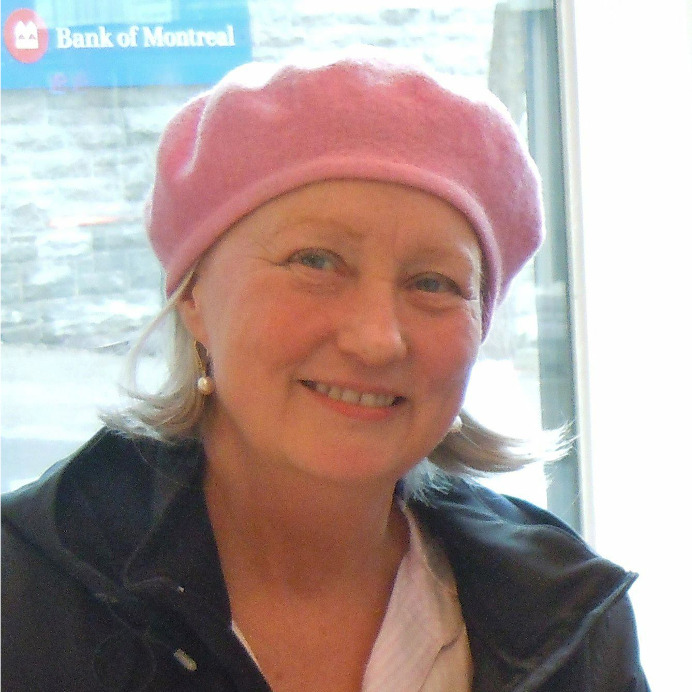By continuing to use our site, you consent to the processing of cookies, user data (location information, type and version of the OS, the type and version of the browser, the type of device and the resolution of its screen, the source of where the user came from, from which site or for what advertisement, language OS and Browser, which pages are opened and to which buttons the user presses, ip-address) for the purpose of site functioning, retargeting and statistical surveys and reviews. If you do not want your data to be processed, please leave the site.
The Voice of People With Breast Cancer
Education
Our Voices Blog
Tag : breast cancer
Ringworm: Tamoxifen’s Secret Side Effect
Trapped beneath my bra, cotton t-shirt and cropped pants, pools of sweat mingled with dust and grime before being absorbed into my clothes and skin. Despite the cold showers I soaped up under twice daily, one before heading out into the wee hours of the morning and another again in the dark of night before crawling under a thin sheet to sleep, the dirty damage was done. A skin fungus had formed. I had ringworm.
Taking the Plunge: Breast Cancer and the Dating Pool
The thought of dating after a breast cancer diagnosis and treatment might make you nervous or excited. It may also reawaken or increase emotional responses you had at diagnosis or during treatment. If you have anxiety or depression, these responses can cause you to focus on or magnify negative thoughts about your prospects for dating. If you want to date but feel reluctant to start, you might be having difficulty imagining yourself meeting new people and having fun.
FinNav Five: Government Programs
The negative financial impacts after a breast cancer diagnosis can be strenuous, especially for those already in a precarious financial situation prior to being diagnosed. Already having to deal with the overwhelming feeling of being diagnosed with breast cancer, patients should be able to focus on their health and not have the added stress of dealing with their financial situation. That is why we created FinancialNavigator, an online database of various financial assistance programs across Canada.
Highlights from ASCO 2023
The 2023 American Society of Clinical Oncology (ASCO) annual meeting was held from June 2 to 6. CBCN was pleased to be able to attend and participate in the many interesting and groundbreaking research that was shared at ASCO this year. Below, we present a few highlights and takeaways from this year’s conference.
Show Me the Money. Five Ways You Can Receive Financial Support
When I was diagnosed with breast cancer, I had no idea how hard it would be. Not the surgery, I’ve had major surgery before, so I wasn’t afraid of being put under anesthetic and being operated on. Mentally, I was focused on one sole factor, survival, so my head space at the time was very clear and didn’t allow for any other emotions or thoughts. Reality, fear, anxiety, hope…that all came later.
Addressing the Healthcare Needs of Indigenous Populations
June 21, 2023 is National Indigenous Peoples Day. This is a day for all Canadians to recognize and celebrate the unique heritage, diverse cultures and contributions of First Nations, Inuit, and Métis peoples. This is also a day that should call to attention the various issues that Indigenous peoples continue to face, including racism, colonialism, and disparate health outcomes from much of the rest of Canada. Broad determinates of health like geography, accessibility and availability of services, and cultural differences contribute to the challenges faced by Indigenous peoples.
Do You Feel Invisible?
A few years ago, a friend shared a story about the first trimester of her pregnancy. She was thrilled to be pregnant, but at the time, kept her pregnancy under wraps as she hadn’t passed the three-month safety zone. She was also sick as a dog, overwhelmed with intense nausea and fatigue, that heightened during her twice-daily, 25-minute subway commute to and from work. Despite looking green-ish, sweaty, unstable on her feet and gripping whatever pole or hand railing was available, not once in 90 days did anyone sitting on the subway offer my friend their seat. She’d felt invisible.
FinNav Five: Funds and Grants
Depending on your situation, your financial needs can come in different forms, from needing money to pay for rent, to needing help with paying for treatments, to requiring help with parking costs when you go for cancer treatments. To highlight the various types of programs listed in FinancialNavigator, we have put together this blogpost series. All the highlighted programs below are available to individuals in all provinces and territories, unless otherwise noted. This is not an exhaustive list all of programs in these categories but is meant to highlight the types of financial help that can be found in our FinancialNavigator database. Visit FinancialNavigator for all available financial assistance programs.
Reason #5 Cancer Still Sucks: Radiation Therapy is Hit or Miss
The fifth reason that cancer still sucks is that although radiation therapy can be an effective cancer treatment, it may fail to kill some of the tumor cells in its path, or it may miss some tumor cells completely. In addition, while “palliative” radiotherapy can dramatically improve symptoms in some individuals with incurable cancers, it may have minimal impact or provide only very brief relief to others.
“Mommy Has Cancer”: The Most Difficult Conversation to Have
In February 2019, five days after my birthday, I found a tiny, split pea lump in my right breast. I immediately went to my GP, who sent me for a mammogram and ultrasound. The first available appointment was the following week. The mammogram went “squishingly” and then I was shuffled off for my ultrasound. Afterwards, the technician told me they needed to review the images with the radiologist to make sure they had everything they needed. I didn’t really think twice about it as that seemed to be the normal practice during my pregnancy.
I Am a Mother with Cancer
I am a metastatic breast cancer patient with liver and spine metastases. I am also a mom and a grandmother. One day, I felt a very hard pea-sized lump right under the skin. My family physician sent me for a mammogram and ultrasound. The radiologist came in and said he was concerned and brought me back the following day for a biopsy. I was diagnosed with invasive ductal carcinoma. I was petrified and scared. Since working at a cancer centre, I had every bad scenario going through my mind. I had a double mastectomy followed by four months of chemotherapy and seven weeks of radiation. It was difficult losing my hair, feeling nauseous and weak but I was determined to beat this horrible disease.
Memory Blank: the Stupid Side of Tamoxifen, Chemo and Radiation
Is there anyone out there who feels like I do? Like they’ve lost a part of their memory to tamoxifen, chemotherapy and/or radiation and will never get it back? If you are like me, do you ever wonder where your memory went, like, is it on the beach in Puerto Vallarta or maybe it took a sabbatical and didn’t provide a return date?
A Mother and a Young Cancer Patient
I am 33-year-old woman from Alberta, Canada. I used to work in the oilfield until I had my son in September 2021. I used to be very independent, and an active dog mom to four dogs. I am now a proud mom of five dogs and one tiny human! I found a lump at two months postpartum but thought it was a blocked milk duct. It kept getting bigger, so I went in on February 28, 2022. I was sent to get an ultrasound and a mammogram on March 1st and 2nd. I was biopsied on March 4th, and my pathology report came back on March 21st. I was diagnosed with invasive ductal carcinoma.
We Asked You About Chemotherapy Side Effects
Experiencing side effects from breast cancer treatment is a common occurrence for patients. While systemic chemotherapy, radiation, and targeted therapy are effective treatments for breast cancer, learning to cope and live with their unwanted or unexpected side effects can be challenging. We reached out to breast cancer patients to hear about their experiences with this.
I Don’t Look Sick: My Life with MBC
I have advanced stage 4 Metastatic Breast Cancer (MBC). MBC is when breast cancer has spread to other parts of the body. Typically, it spreads to the bones, liver, lungs, and brain. There is currently no cure for MBC but there is treatment, and some women can live for many years.
What You Believe Will Be
Don’t curse me if this column sounds crazy. Or do. It’s up to you. But what I’m sharing in this column is true for me and it has changed my life for the good. Trust me, as a single woman who lives alone with her two cats, is constantly hustling to secure editorial work and hasn’t had a single decent “like” on Hinge in well over a year, I’m always looking for the positive. This is my honest-to-goodness M.O.
Adaptive Fashion for Breast Cancer Patients
Breast cancer and its various treatments can change your body in many ways: weight gain or loss, tenderness, lymphedema (swelling in the limbs), partial or complete mastectomies, prosthetic breasts. This might mean that your old or favorite clothing may not fit, or fit properly any longer, and it can be difficult to find outfits that you can feel good in. It may be time to have a heart-to-heart with your closet, and explore some of the options for comfortable, adaptive clothing that can make you feel confident and excited about getting dressed again.
Lobular Breast Cancer: A Different Subtype
I was shocked to learn I had breast cancer. My previous mammograms had never showed anything. I noticed that one of my nipples was inverted which sent me to my family doctor. I was then referred to the Breast Health Clinic in Ottawa on an urgent basis where I had tests done and was informed I had advanced invasive lobular breast cancer.
Questions & Experts: A Lymphedema Therapist Answers Your Questions about Breast Cancer-Related Lymphedema
In today’s post, we provide the questions that were sent in and asked during the live session of our Questions and Experts session held on February 20th, 2023. In this session, Certified Lymphedema Therapist Marize Ibrahim answers your questions about breast cancer-related lymphedema.
Breast Self-exams. Why you still need to do them even with a cancer diagnosis
Feel it on the first. Know your lemons. Check your boobies. Get in touch with them apples. I never noticed these catch phrases written on social media to inspire women to do monthly breast self-exams until after I was diagnosed. Well after too, like, when I was recovering from having had breast cancer surgery and treatment. Ironic, isn’t it? More ironic is the fact that I never really did regular breast self-examinations on my boobs and when I did, they were always half-hearted, like an afterthought.









